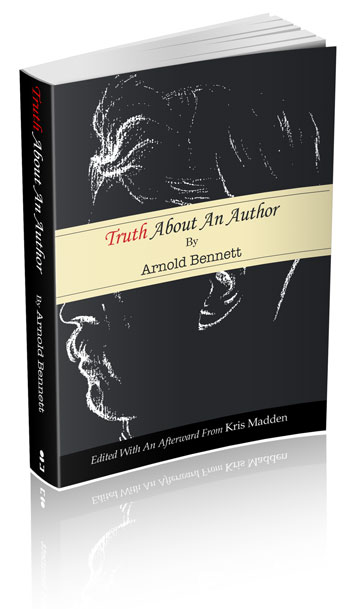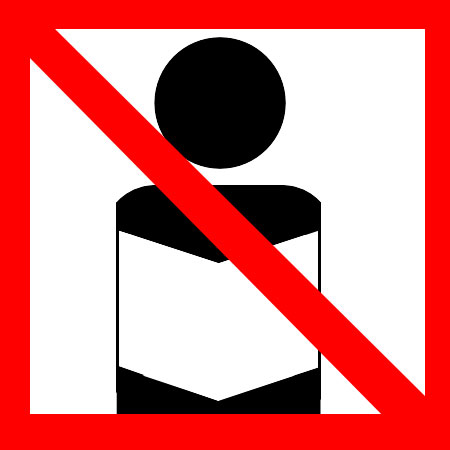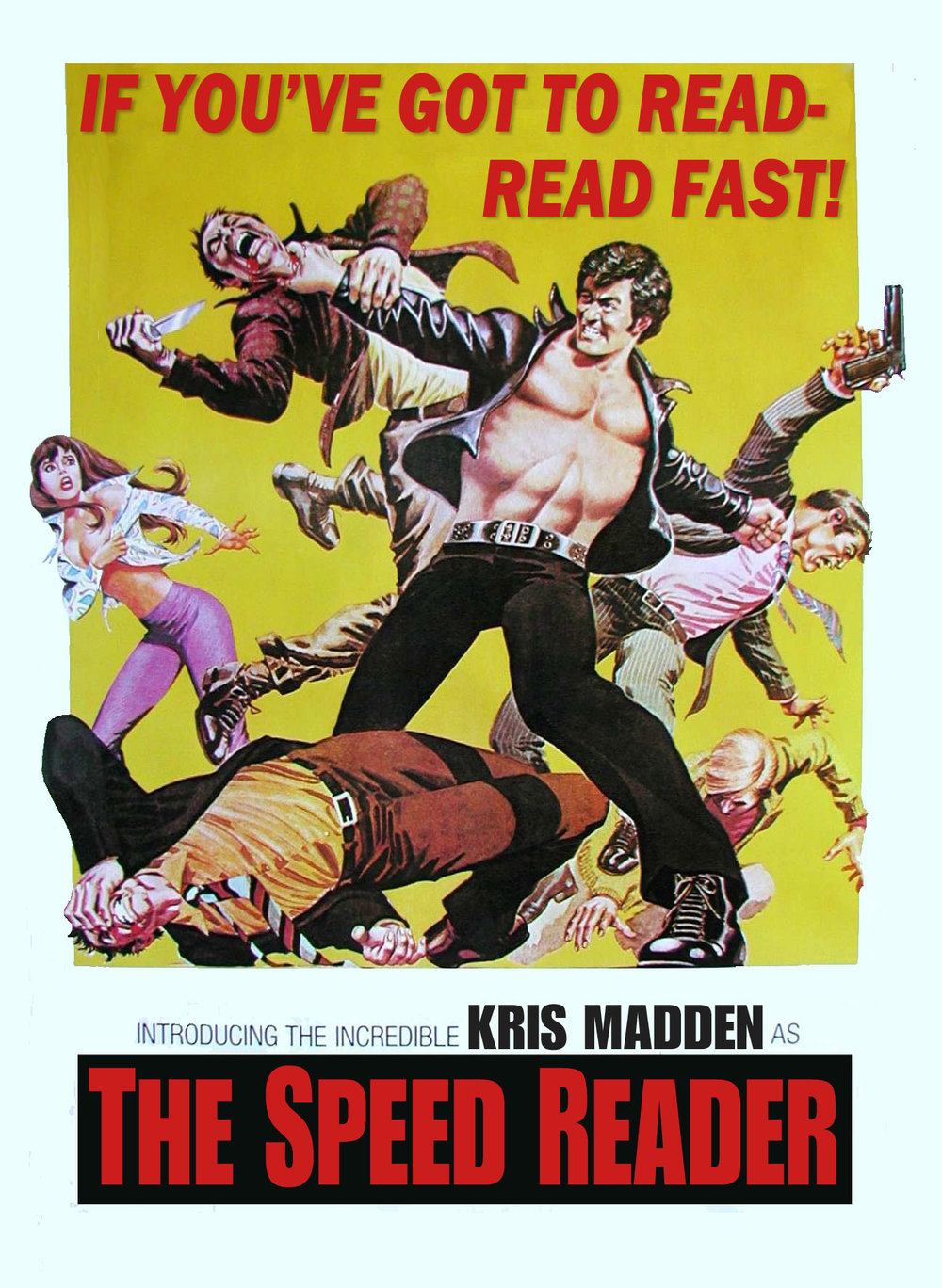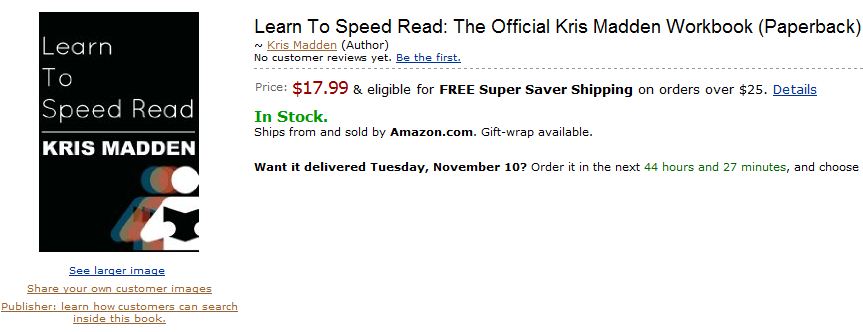
A Little Backstory:
When I was younger, my group of friends and I developed our own brand of juvenile etiquette for disagreeing with one another. And so when you needed to tell your buddy something you didn't like about them you opened up the conversation with this phrase, "I love you dude, but…" then your criticism.
Example:
"I love you dude, but the peach-fuzz mustache is not cool, and it doesn’t look good."
If the comment was made in front of the group, an immediate voting on the criticism would ensue. The comment would either be ratified into fact, or vetoed, but most often it was ratified.
Example:
"Yeah man, the mustache needs to go. Everybody thinks so, that’s why we’re telling you."
Some may have seen these exchanges as insincere but within our group, opening up without with the line, "I love you dude" was a form of respect. Granted, it's not the most poetic term of endearment, but it allowed us to be honest with each other, without all the hurt feelings. And so you knew that your buddies were telling you something not because they hated you, but because they cared.
Now that we're caught up, there's something I'd like to say about Leo Babauta's post: "Why reading faster doesn't increase productivity".
"Leo, I love you dude; I'm a big fan of zen habits, read a lot of your articles, and I agree with many of your principles but... your last post sucked."
From Your Post:
"I think you should read slower, and focus on doing things slower. It increases your effectiveness, which is a different definition of productivity than 'doing things faster'."
If I understand you correctly, you're saying that focused slower reading increases a person's ability to effectively comprehend the text their reading.
I disagree. In terms of a person's reading rate, there's quite a lot of research that points to the opposite.
Example:
Lori Nunez's dissertation: An Analysis Of The Relationship Of Reading Fluency, Comprehension, And Word Recognition To Student Achievement (May 2009). Her dissertation looked at statewide elementary students in Texas and analyzed various methods for developing reading skills.
In the conclusion, Nunez wrote:
"Consistent with the findings of previous research (Allen, 1988; Buchanan, 2006; Flindt, 2007; Stroud & Henderson, 1943) and the National Reading Panel's identification of key reading components, the study confirmed that early development of reading fluency, comprehension, and word recognition do impact reading performance of students by the middle elementary grades. The results of the data analysis revealed that reading fluency, the number of words read per minute, had the strongest relationship with scores on the third grade reading TAKS. ...It would appear that fluency, the speed and accuracy of words read, contributed to comprehension and understanding of the material read, and ultimately to success on the reading assessment."
And
"In the study, the skill of reading fluency had the strongest relationship and made the greatest contribution to reading TAKS scale scores. The findings of the study supported Rasinski's (2001) argument that the rate a reader reads is significantly correlated to the standardized and informal measurements of comprehension and word recognition."
From Your Post:
"productivity isn't about speed, even if we've been led to believe it is. It's about being effective. It's about accomplishing things -- and that's about doing the most important things, not the most things."
I disagree.
"Productivity is from 1809 with meaning 'quality of being productive;' economic sense of 'rate of output per unit' is from 1899."
Reference:productivity. (n.d.). Online Etymology Dictionary. Retrieved December 02, 2009, from Dictionary.com website: http://dictionary.reference.com/browse/productivity
The two words that stand out for me are the words "quality" and "rate", and the word "rate" is most definitely associated with speed.
From Your Post:
"When we speed through tasks and projects, we lose perspective. We forget what's important and just try to do things as fast as possible."
Your quote makes the assumption that when a person does something faster, they sacrifice their effectiveness.
What about firefighters? Or paramedics? Or doctors?
The rate at which these people do their jobs can determine whether someone else lives or dies, or many people live or die. I think "speed" can have a lot to do with a person's "effectiveness" in the world around them. Firefighters don't rush into a burning building to try to save the most important people; they try to save everyone they possibly can in the time they have.
This not only pertains to the lives of people, but also in people's careers and the lives of companies, in which a person's speed can be determining factor in whether they get to keep their job.
From Your Post:
"If reading is important, focus on it, and do it slowly. It'll be that much more enjoyable, and so will the project. And when you absolutely love what you're doing, then productivity is a natural by-product."
If I follow your argument here correctly, you're saying, "If I want to read something that is important to me, the rate at which I read it corresponds to the level of enjoyment I’ll receive from reading it."
I agree that certain texts can be more enjoyable when read slowly, but I disagree that all of the texts that are important to us need to be read this way. I believe, and research shows, there are more factors in the process of translating text into meaning than just voicing the words on the page. The process of visual interpretation of text into meaning is an extremely fast process, and your statement concludes that this method, while fast, will lessen my enjoyment of reading the text.
Lastly, From Your Post:
"Slow down, don't speed up. Read slower -- you'll read less, but enjoy it more."
What I don't agree with in this statement, is the assumption that text should be read at one speed. A person can enjoy a fast paced action sequence in an old dime novel reading 400wpm, and then slow down to 150 wpm when detective is explaining how he figured out who the killer was. The reader can read fast and slow throughout the book without losing joy in the text they’re reading.
I was a slow reader for quite some time, and even though reading was important to me, reading slow did not make reading more enjoyable. In fact, quite the opposite.
I don't think I'm alone on this, but maybe I am… I’ve found the more I read, the more I enjoy reading.
We only have a short time in this life, and my approach to reading is much like that fireman running into a burning building. There's too many great things to read in this world that to read them all would take several lifetimes, I'd like to enjoy reading as many of them as possible before my time's up.
Leo, I love you dude, but your last post sucked.
Respectfully,
Kris Madden









